Graham Reid | | 7 min read
David Gates: Goodbye Girl
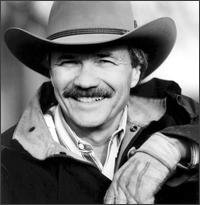
Here's something not many fans of
soft-rock singer David Gates -- formerly the songwriter and voice
behind Bread -- will know. When he was a much younger man he wrote and
produced some material with one of rock's greatest and most musically
challenging eccentrics, Frank Zappa protege Captain Beefheart.
The gentle-voiced Gates - now 63 - also
played in the studio with the legendary Phil Spector and Beach Boy
Brian Wilson, wrote arrangements for Elvis Presley and had a
Grammy-nominated film theme and top 10 hit with Baby the Rain Must
Fall.
And that was all before he formed Bread
in 1968 and they began a five-year domination of the charts with such
easy-listening hits as It Don't Matter to Me, Make It with You, Baby
I'm a Want You and If, which has been covered by more than 200
artists. In an age of hard rock and hippies they sold more than 17
million albums.
Gates has had a long, sometimes intermittent career - he quit to be a rancher in northern California for more than a decade in the 80s - but he remembers those early days with Captain Beefheart well.
"They were just new to the studio and their record company wanted me to do four sides with them and they only had three songs ready. So I whipped out a song [Moonchild] and we recorded that. I play keyboard on it, and then we did Diddy Wah Diddy, which was an old Bo Diddley song. That was an interesting session.
"People always associate me with
the ballads and pretty things, but I did quite a lot of
rhythm'n'blues and rock stuff early in my career.
"I played bass on a couple of Phil
Spector sessions. I wasn't his first call but the guy who was his
lead bass player was getting exhausted and called me to come and fill
in for him for a couple of hours. So I filled in because Phil used to
have these marathon recording sessions."
Gates says those days in the 60s were a
much more innocent time, before music became an industry and radio
divided into niches. The doors were wide open and if you had a good
song or were a proficient player people would accept you.
"It was still a bit that way when
we got Bread together and there were enough record companies and
places you could get exposure.
"But today? I'd hate to be a new
artist today - it's very difficult. It would be better if we just had
radio which was divided between classical, jazz, r'n'b and pop.
"There's a lot of different things
you can play on radio, but they are so divided up now into
categories, and heaven forbid you should play something out of your
genre."
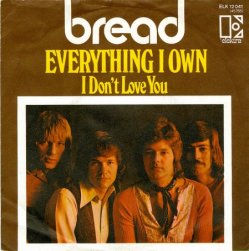 While Bread - alongside America and the
Carpenters - were considered soft rock, there was always something
about Gates' songs and singing which gave them a signature style.
Their best material stops a fraction short of mawkishness and his
gentle voice over light guitar and strings was never strained.
While Bread - alongside America and the
Carpenters - were considered soft rock, there was always something
about Gates' songs and singing which gave them a signature style.
Their best material stops a fraction short of mawkishness and his
gentle voice over light guitar and strings was never strained.
These days he plays only about 40 dates
a year but reviews from Britain in April were unanimous in their
acclaim for his undiminished voice and songs, which have become
timeless through classic-hits radio formats.
"I'm fortunate to have been able
to come up with that style," he laughs. "If I had Joe
Cocker's voice that would be tough. You have to belt it out."
After Bread split in '73 - burnout, and
fellow songwriter James Griffin increasingly frustrated that his
tougher songs were not being picked as singles or making it on to
albums - Gates pursued a solo career. He had two top-40 albums before
the group reformed in '77 for a brief reunion and the hit album Lost
Without Your Love.
After another period of solo work and
three albums Gates retired to northern California and became a
serious rancher.
"I really did drop out and really
wanted to do it ... to jump right in and do a complete job as a
cattle-rancher. It took five or six years to accomplish the goals I
set for myself. I couldn't do music at the same time.
"I'd work all day in the fields
and at night I'd go into my home studio if I had some ideas I was
working on. I was sort of backlogging things for the future.
"I was very much encompassed and
consumed by what I was doing. I always missed songwriting and
performing, but the business side and travel? I didn't miss that."
In his absence, however, his songs
lived on: If was a huge hit for Julio Iglesias and in '87 Boy George
had a number one hit with his cover of Bread's Everything I Own.
"It was done in '75 by a British
artist, Ken Boothe, who did a very reggae version and you could
hardly understand the song. When Boy George wanted to do it he called
Ken Boothe and said he was going to record that song he'd written.
Boothe said, 'No, no, it's a David Gates song'. I thought he did a
good version.
"And N Sync did a cover on their
first album. Dolly Parton has just done a bluegrass version of If. So
they do keep getting recycled and everyone has a different take.
"My records are still being played
around the world and maybe they are somewhat timeless in that you can
hear them over and over and not get tired of them. And there's no one
writing anything quite like that now.
"As long as there's a uniqueness
to what I am doing, and what a lot of artists out of the Seventies and Eightiess have done, they will continue to be played. If you want to hear
that kind of music you pretty much have to go to those artists.
"I find the audiences I play to
now are younger than you might anticipate. I see a lot of people in
their thirties who could not possibly have known this music, but they
have picked it up as they got older."
Not only do Gates' songs speak to
people of his generation - his solo hit Love is Always Seventeen
opens with "It's been a long time since I've been 17" and
later says "42, it has a way of creeping up on you" - but
he is reaching an audience disenfranchised by trends in rock, pop and
hip-hop.
"They are looking for something
more musical and they can't find it within their own generation so
they have to go back a little way. People have been doing that for
years and discovering old jazz and classical music or whatever, so
there is older pop music available."
And so Gates can leisurely travel the
world, finding appreciative and quiet audiences for his signature
style of breathy ballads.
"Last time I came [to New Zealand] I took a few
extra days and did the tourist thing and went down to Milford Sound
and looked around. It's a great country and I always feel very
comfortable there; it reminds me of northern California where I lived
because there are a lot of snow-covered mountains in that area.
"It's beautiful and I love the
countryside. The audiences are also very good listeners. I've been
doing this for a long time and enjoy it, and I never ever expected to
be still doing concert tours at this time.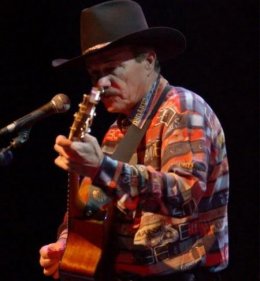
"I was always hopeful that a few
of the songs would live on, but the entire roster has lived beyond
what I expected. To have an audience still want to come and listen is
a surprise."
The man who once worked with the eccentric Captain Beefheart, crazy Phil Spector and slightly off-beam Brian Wilson says he will happily accept the appellation "soft-rock", unfashionable though it may seem to outsiders.
"The thing that's
interesting is that it's everyone's own perception of what's cool.
What's cool to one person is not necessarily cool to another. There
are millions of people that like soft-rock and to them it's really
cool.
"The heavy-metal guys tend to look
down on us because they smash their guitars and play loud music. But
not everyone likes that. Some people even like Lawrence Welk. So
you've got to go with what you like.
"Me and the audience are just enjoying each other and letting the rest of the world go by."
Want to read more about a soft-rock act? Then go here.

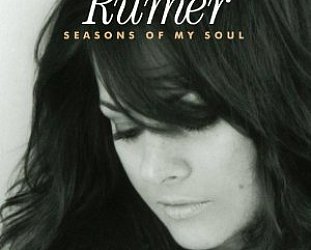

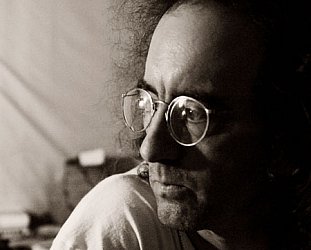

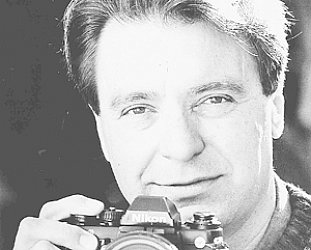
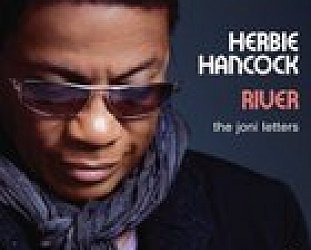
post a comment